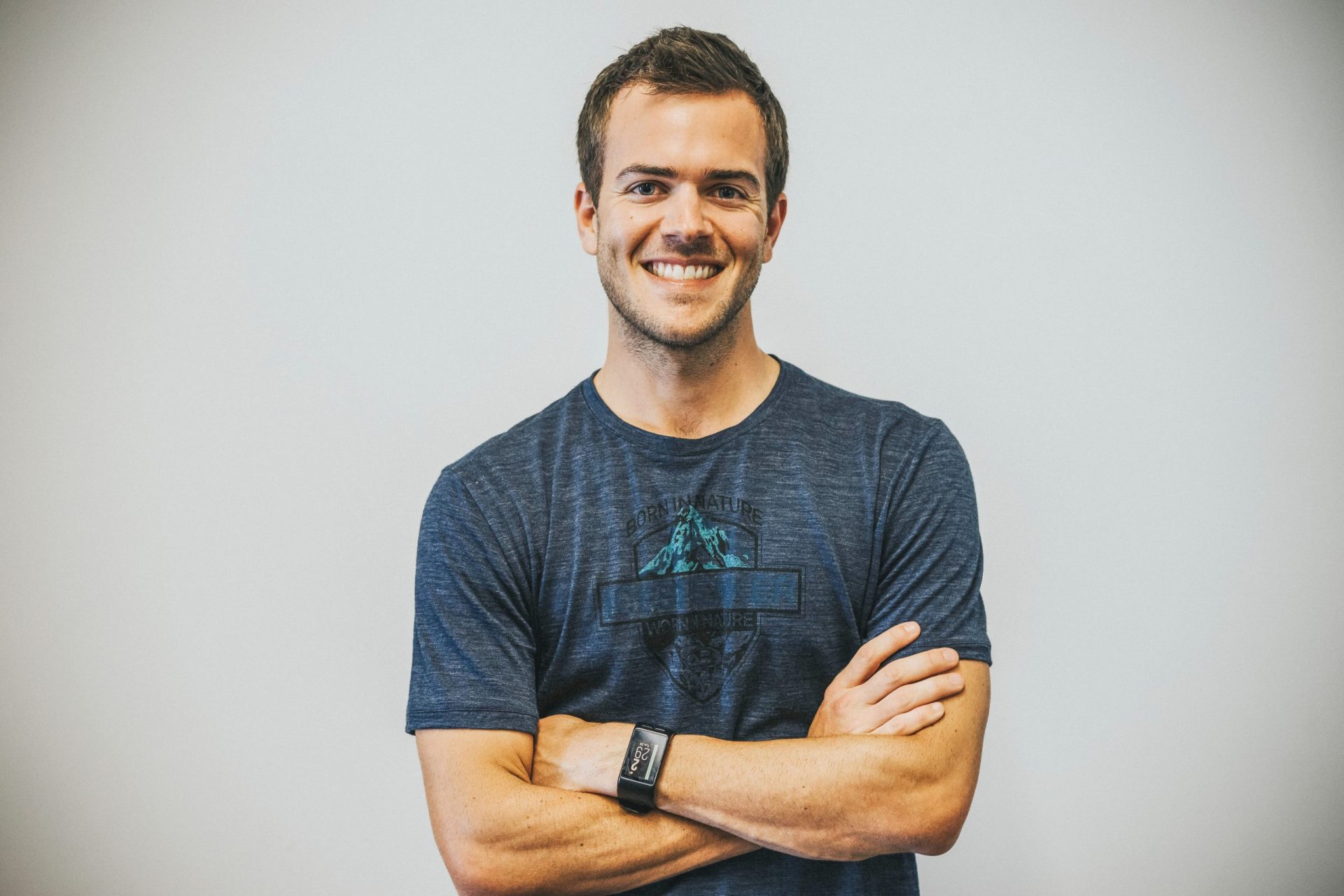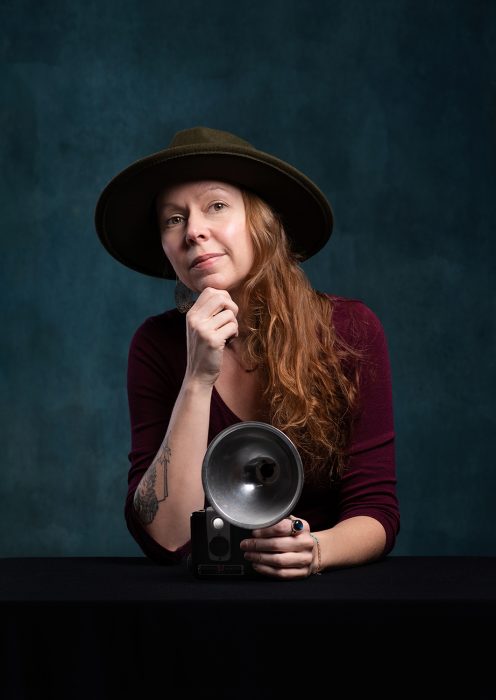Alex J. Hughes is a writer, author, and researcher based in Nashville, Tennessee. He wrote my favorite e-book of last year, 7 Strategies to Navigate the Noise, a synopsis of the many historical biographies he has read over the years and the strategies he’s gleaned from them. Alex, a voracious and dedicated reader whose book recommendations newsletter I subscribe to, was gifted with the unique ability to read through a text, reflect upon the most important themes, and distill them in a way that makes sense to those of us living in 2020. The historical ‘characters’ that he writes about in his book run the gamut from Darwin to Queen Elizabeth and Benjamin Franklin. Their stories come alive as Alex relates them to issues we still face today: following our hearts, telling those who don’t believe in us to get lost, and staying true to our principles. Turns out, even hundreds of years ago people went through the same dilemmas we do now! (Hello Darwin whose father guilt tripped him for pursuing his passion.) Hopefully this conversation will inspire you to dust off your history books and realize the past is where it’s at to find wisdom that will improve your future.
Has reading always been a big interest for you?
Some of my fondest memories were my parents reading books to me. In high school and college I got away from it because I was forced to read assigned books. After college, I rekindled my love for reading across multiple disciplines and it grew from there. Today, I love taking different stories and figuring out the common thread between them.
Why do you think reading across multiple disciplines is so important?
It forces me to look at things from different perspectives that I normally wouldn’t have considered. It can be a superpower—especially in a world where it’s all too common to be hyper-focused on one area of expertise. Instead, I can take a holistic look at how all of the pieces fit together. The most brilliant minds generally read incessantly across a wide subject matter, a habit that allows them to out-think really smart people.
Reading across disciplines also allows you to connect with a wide variety of people.
I work in software product development at Asurion, which sits at the intersection of design, business, and technology, and lends itself to a multidisciplinary approach. I’m able to empathize with designers who are creative, engineers who are analytical, and operations or finance who see things from their own lens. I’ve built empathy by seeking to understand how different people see things from their vantage point.
You mentioned in 7 Strategies to Navigate the Noise that you wanted to do a different take by looking back. When did that idea come to you?
The books that have always held the most information per page, for me, were biographies. Humans are basically the same now as they were hundreds of years ago. I had the desire to learn from those who had lived well, and use that as a resource for this book, as opposed to modern non-fiction writers who were still figuring it out. Time reveals strategies that are the strongest.
You mention in your book that you felt very lost in your early twenties, which is what drew you to strategies. How did you gain your focus?
I gave a talk at Georgia Tech a few months ago during which I spoke about 22-year-old Alex and what he was struggling against. The first fear I had was whether or not I was focused on the right things. The second was a fear of falling behind my peers and imagined potential. Growing up, no one had ever asked me what I wanted to do with my life and I was too scared to ask the question of myself. I remember wishing that I wanted the same things as everyone else. After college graduation, I came down to Nashville and worked on the sets of music videos. Then I went back to Indiana to look into medical school, which seemed like a safe route, yet wasn’t my passion. After that, I waited tables at a Mexican restaurant and then worked at a healthcare technology company. Finally, once I rediscovered my love for reading I found my way back to my passion for writing. However, it was not easy. I told the students to be patient and allow for a discovery period.
The key is making mistakes!
Exactly! Otherwise you don’t know what skills to stack, what you’re good at, and find fulfillment in. You can better align and evolve if you take chances.
It’s inspiring that you are inspired by other people’s stories.
There will always be people ahead of and behind you. Create from the person you are today.
Do you think it also comes down to taking pleasure in the process?
Definitely. The most creative, successful people find value in the process versus the outcomes. That will set you up for success and give you a strong self of fulfillment. I also think it’s important to be humble and never assume you have it all figured out. This mindset allows you to consider other people’s opinions as opposed to thinking you always have the best way.
How did you choose your historical subjects for your book?
A lot of modern authors talk about guiding principles, which is what you personally find meaning in, or tactics, the actions you use to get through the day. I saw a gap between the two, which is strategy and similar to thoughtful action—how you connect the fragments, waste fewer actions, and live on your own terms. As I wrote about my ideas in a journal, I came up with a list of seven strategies that I thought were the most important. Next I thought, Who are the people that align with these strategies?
I was amazed by how much you read to even come up with one big idea.
Growth is nonlinear. You have to put in a lot of work upfront. I’ve read 40-50 books a year over the last five years and only feel like now can I seamlessly weave together concepts. If you can pull one sentence that really changes the way that you think from a book, that makes it worthwhile.
One of the smartest people I know told me he reads slowly. I do too.
Me too. I read slowly and purposely. If any book peaks my interest I buy it and put it on my shelf immediately. Before I start reading something new, I’ll ask myself what am I curious about right now and select the book based on my answer. I believe also in reflecting on what you’ve learned. In terms of making time to read, I’ve carved out a specific time in my day, which is after dinner before watching Netflix. It has to be a priority. However, I believe in setting realistic goals like reading one book a month. If you show up 75% of the time, that’s a great start.
How has implementing strategies into your life impacted you?
I was in a place ten years ago where I was mainly reacting to the things happening around me. This book is my attempt to help others get ahead of the curve and be more purposeful in their daily lives. Awareness helps you become the best version of you.
Do you have a favorite person whose story you told?
The most interesting historical figure I found was Alexander von Humboldt, a Prussian explorer, naturalist, and one of Darwin’s biggest influences. He was born into privilege and could have sat back and reaped the benefits of his family’s wealth but, he instead rebelled and decided to pursue exploration, science, and adventure. He found a way to marry them together and make science accessible to the public in an engaging way.
What do you think reading about historical figures can teach us?
Learning from historical figures has rounded out my skill set, made me stronger intellectually, and given me a deeper well of tools to pull from. If you want to develop your craft and sustain yourself at the top, it’s a good idea to consider ideas from brilliant minds outside of your time, and use that to find meaning in your work. The most profound strategy featured in my book is the fifth one—orchestrate what is within your control, what’s beyond, and what falls in-between. By focusing attention on what’s within your control, you gain flexibility, independence, and strength. Every subject knew they couldn’t wait for the perfect conditions to pursue their dreams.
Subscribe to Alex J. Hughes’s blog and download his e-book 7 Strategies to Navigate the Noise here



